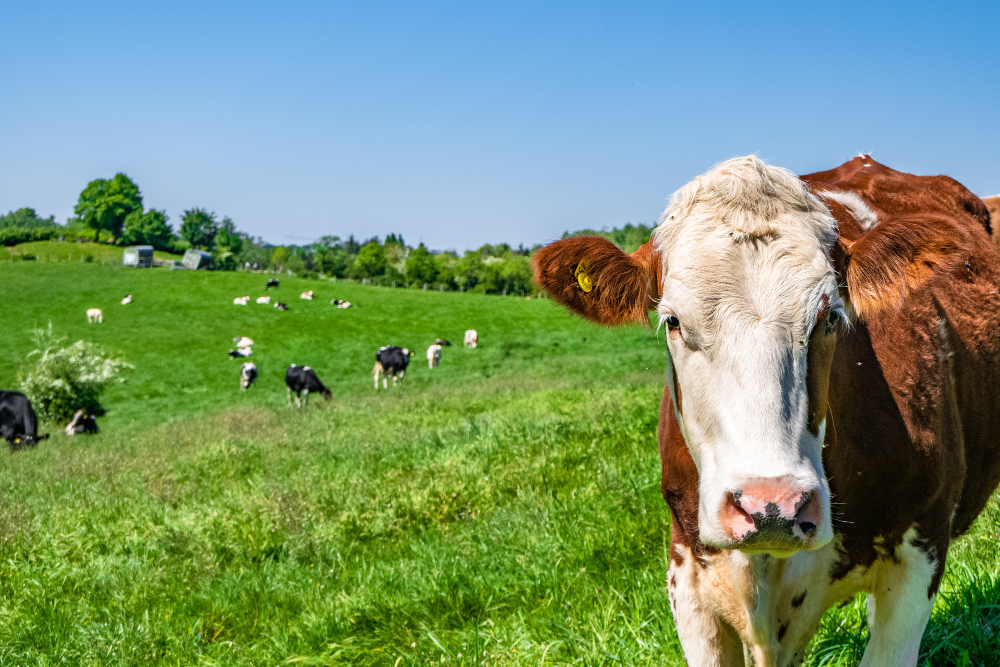The President of the European Council, António Costa, has called on European Union countries to support the trade agreement with Mercosur before the end of the year. He argued before the European Parliament in Strasbourg that this measure would send a clear signal of trade openness in the face of global protectionism.

Costa emphasized that this pact with Brazil, Argentina, Uruguay, and Paraguay would create the largest free trade zone in the world, with access to more than 700 million consumers. This would represent a strategic opportunity to attract investment, generate quality employment, and strengthen key sectors in Europe.
In this context, at ANAFRIC we are closely monitoring all institutional movements related to the EU-Mercosur agreement, as they have a direct impact on our sector. As we reported in this article, we recently held a key meeting with the European Commission in which we expressed the concerns of the European meat sector, particularly regarding production standards and fair competition.
Costa Responds to the Agricultural Sector’s Concerns
Faced with criticism from countries such as France and European agricultural and livestock organizations, Costa asserted that the beef quota provided for in the agreement represents only 1.6% of European production, even below current imports. “This simply cannot destroy European agriculture,” the Portuguese leader stated.
He also argued that trade agreements are tools for extending the EU’s environmental and social values and standards, something that tariffs do not allow.
Europe as a Global Player
Costa has placed this agreement within a broader strategy for the European Union’s geopolitical positioning, which includes new negotiations with India, Thailand, the Philippines, and Indonesia, as well as future summits with international partners such as Japan, China, Egypt, and the African Union.
At ANAFRIC, we reiterate our commitment to fair international trade, respecting European standards of quality, sustainability, and animal welfare. We will continue to report on any relevant developments affecting the future of the European meat sector.
















